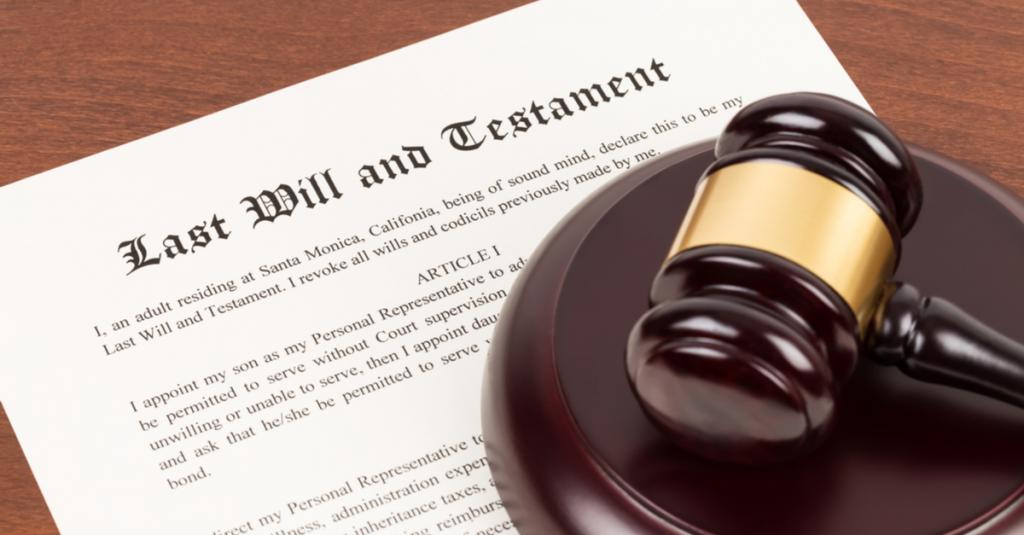For families managing a deceased estate, the concept of probate may sound familiar – but what exactly is probate? The intention of this article is to help families with little or no understanding of probate to better understand the entire process. This information will aid uninformed families to better manage the occasionally complicated will process to be more manageable.
What are the functions of probate?
Probate denotes the process in which the Victorian Court certifies that a will is valid, also offering confirmation of the appointment of the executor. Probate is required to manage the affairs of a deceased party. Affairs in this instance refer to the distribution of finances (bank accounts, cash, properties, shares and super) and other property (furniture, cars etc). The executor may also be required to manage any debts that the deceased left outstanding.
Applying for a probate is not necessarily an assured process, however, and there are three primary points to consider before probate application.
- The document must be the last will created by the deceased party
- The will must be valid
- The will may be contested
Probate is therefore crucial when considering the estate of a deceased individual – without probate, an executor cannot transfer assets to the intended beneficiaries.
The probate process
To obtain a Grant of Probate (the document declaring that a will is valid), the executor named in the will is required to make an application to the Probate Office of the Supreme Court of Victoria. If the application is approved, the executor is given a document called a Grant of Probate. The Grant of Probate confirms the writer of the will is deceased, that the will is authentic and confirms the identity of the executor.
There is no strict time limit for an executor to apply for a Grant of Probate, although there is a rule of thumb in law called “the executor’s year”, which allows the executor a year to undertake relevant estate administration without the input of beneficiaries. After this first year, beneficiaries may be able to question why estate management has not yet been completed and potentially claim interest on certain goods.
Instances where there is no will
It is not uncommon for a deceased party to not have prepared a will before they died. In cases like this, rather than probate occurring, Letters of Administration must be applied for by the next of kin. Letters of Administration is an approval issued by the court allowing for an individual to administer the will of the deceased party. The individual selected to administer the will is usually the next of kin (whether it be spouse, partner, or children).
Learn more about probate
Probate is evidently a complex process, and our overview may not have addressed specific areas you might have an interest in. If you’d like to learn more about the probate process, or if you’d like any assistance in applying for a Grant of Probate or Letters of Administration make sure to get in touch with the team at Goodman Group Lawyers today.

